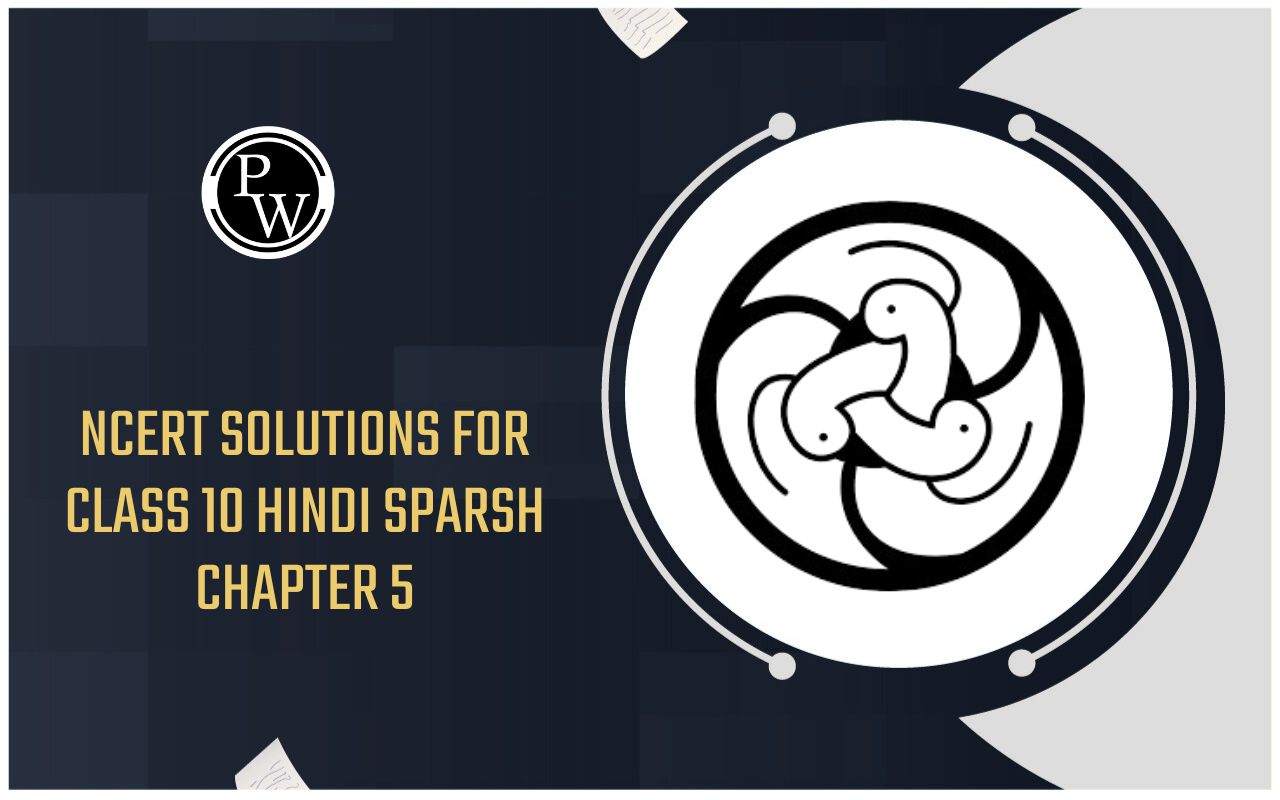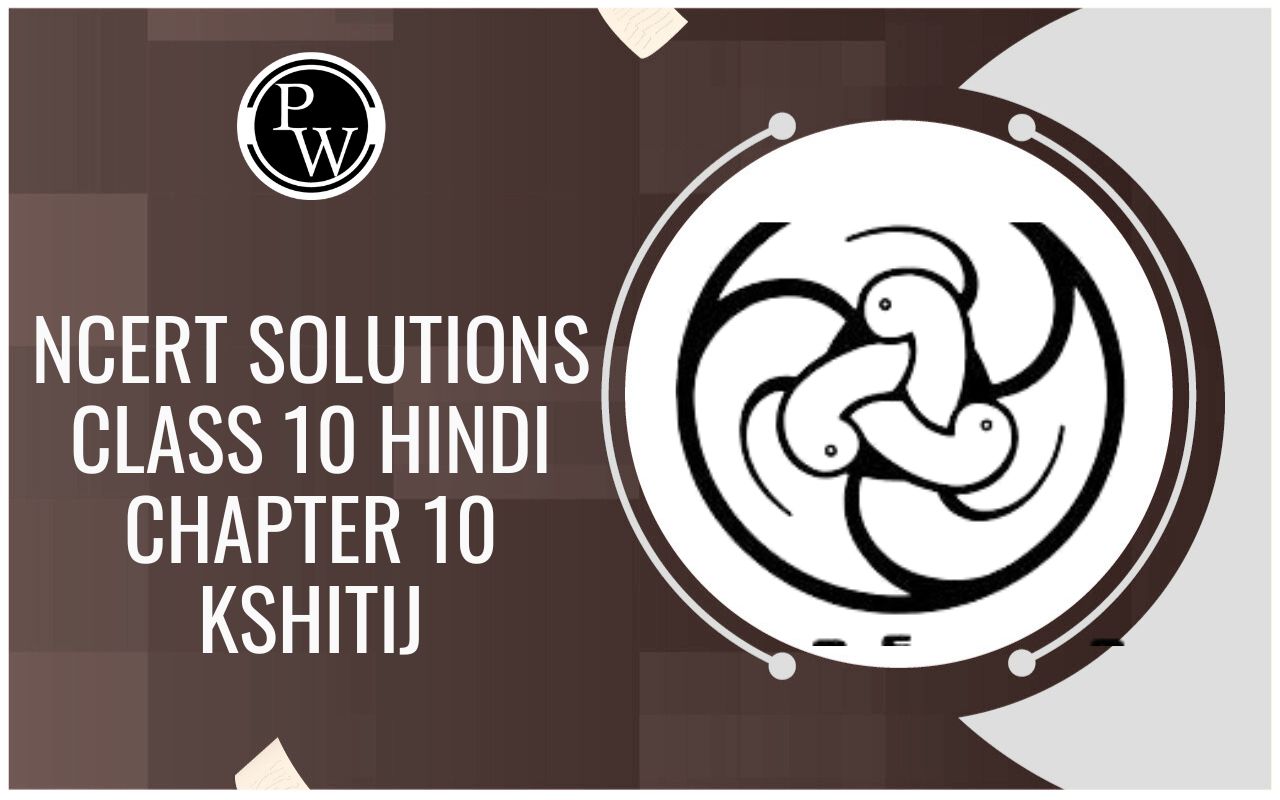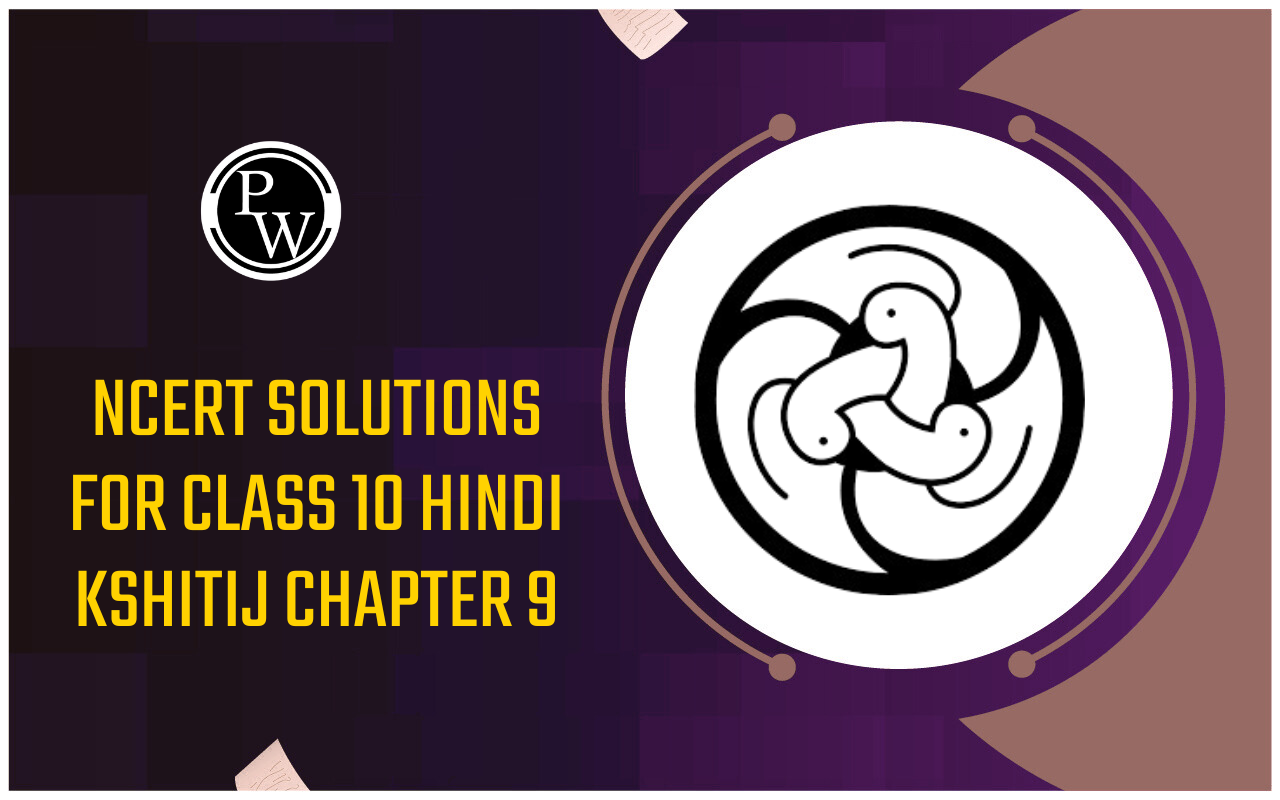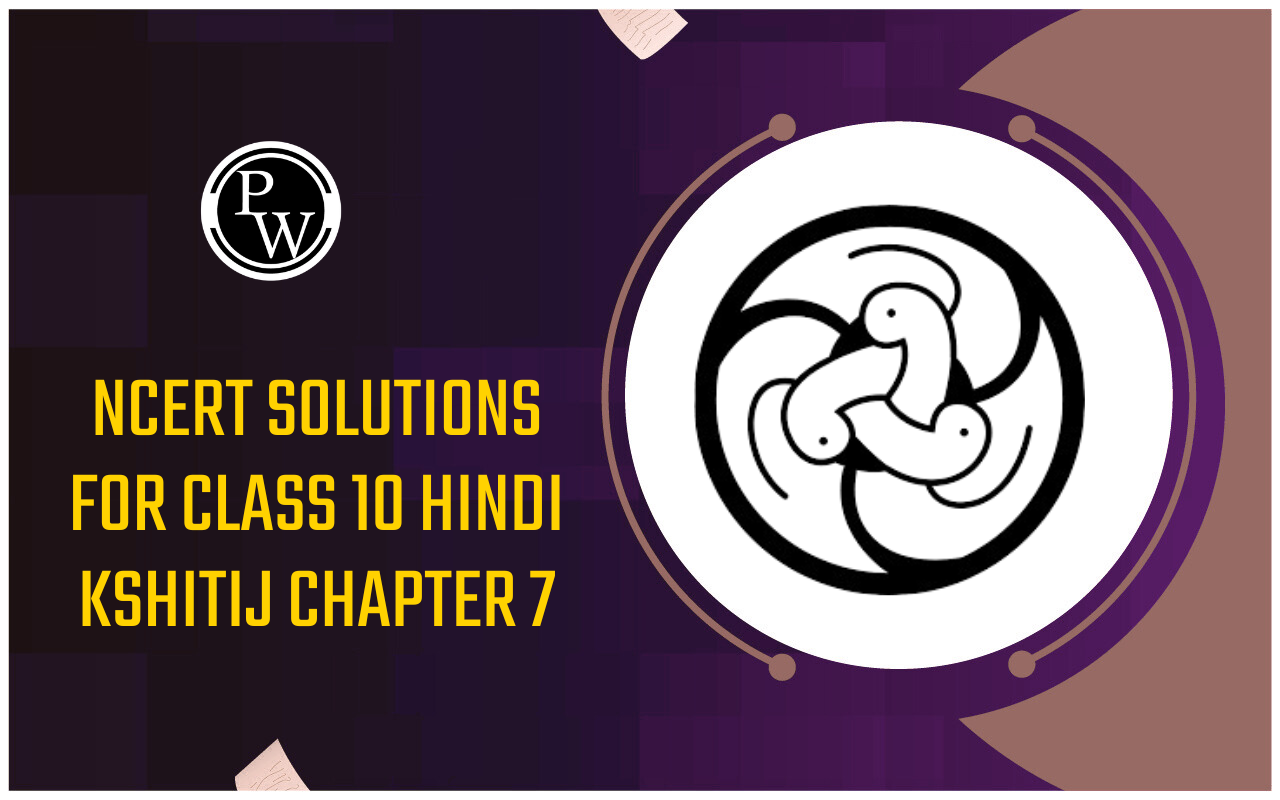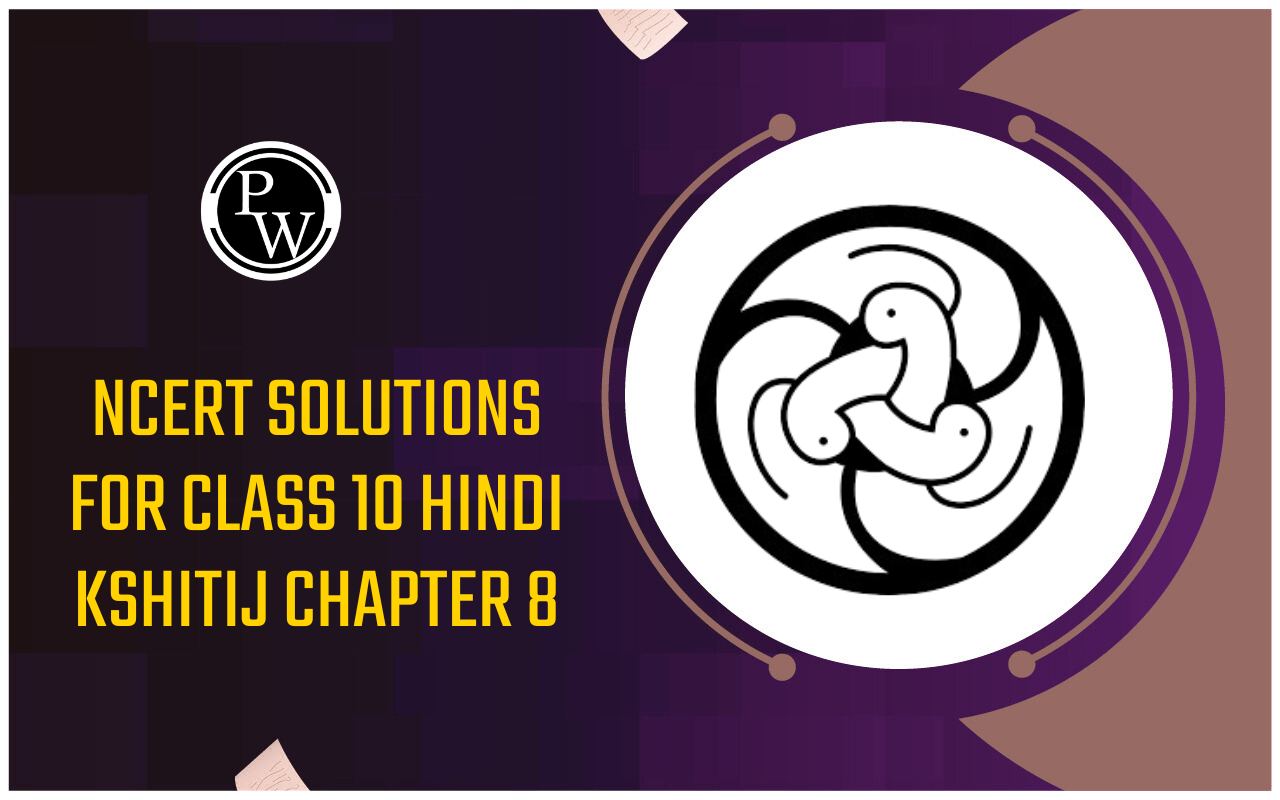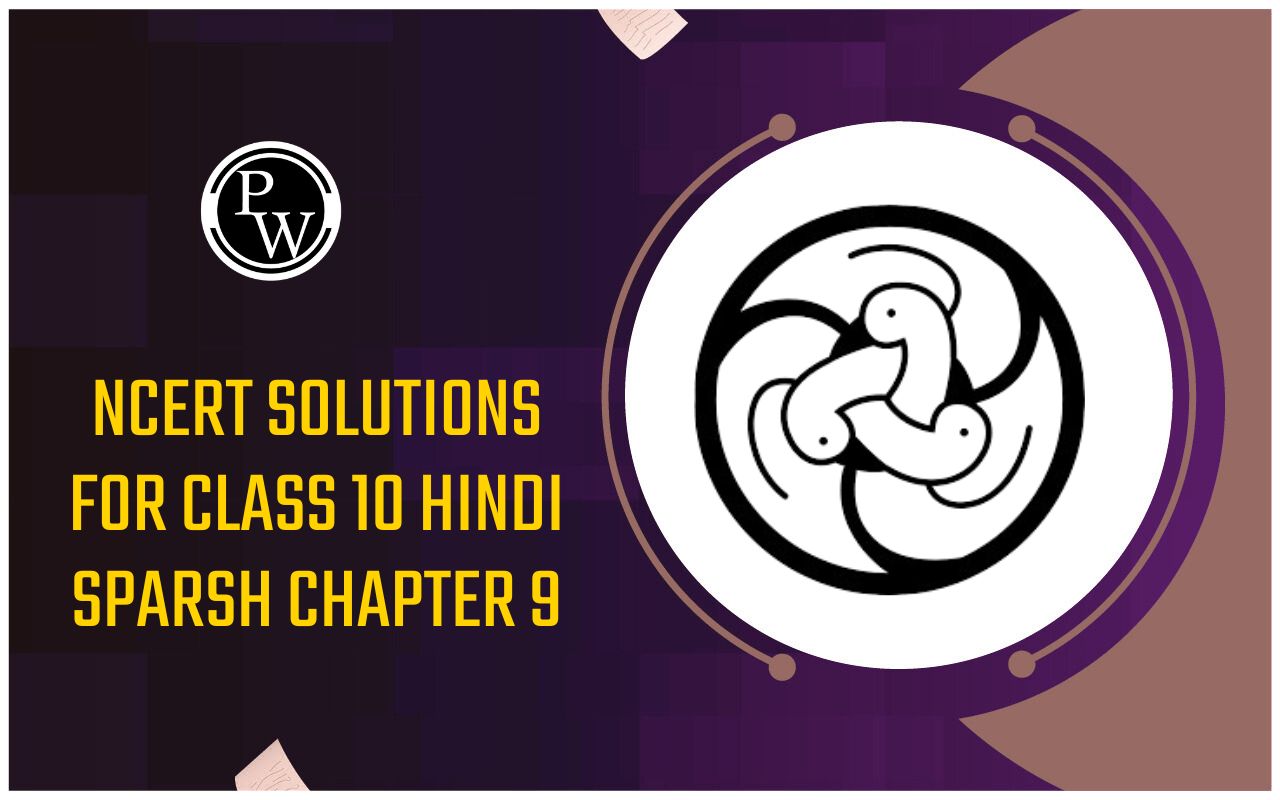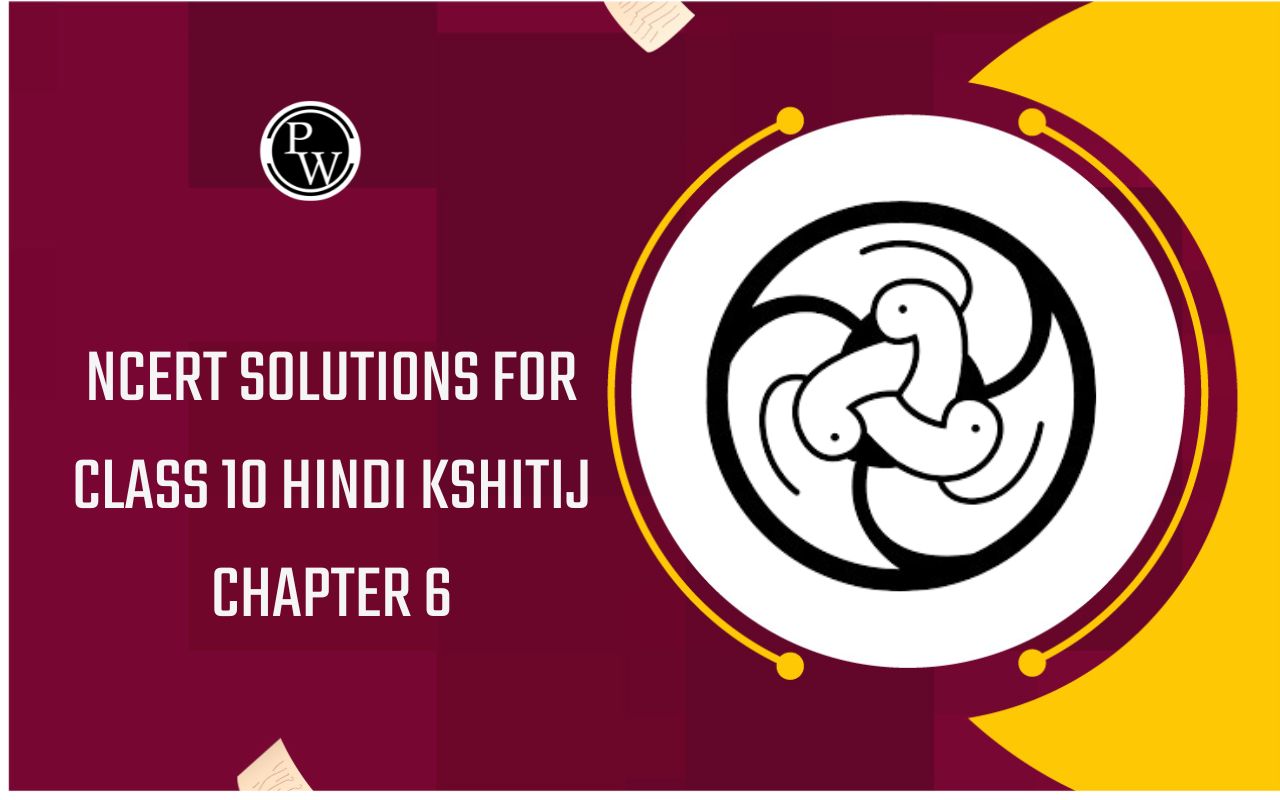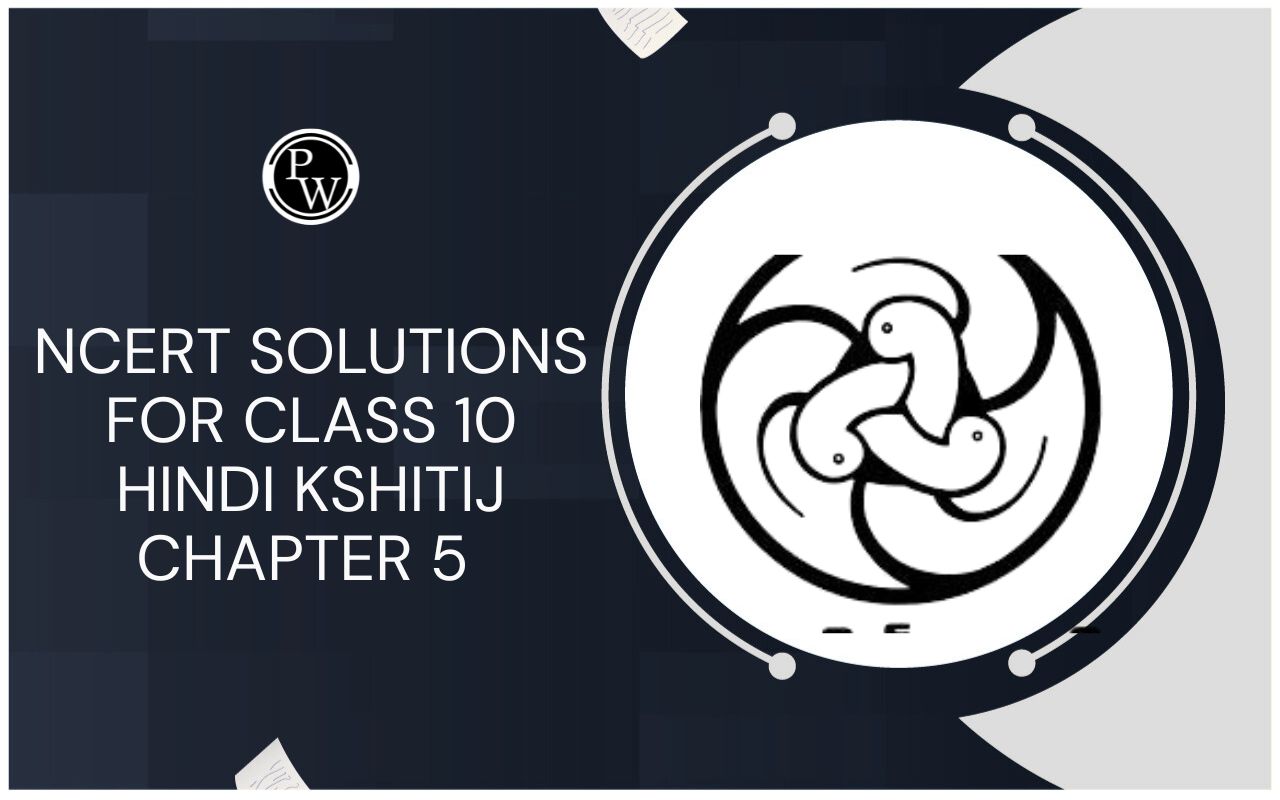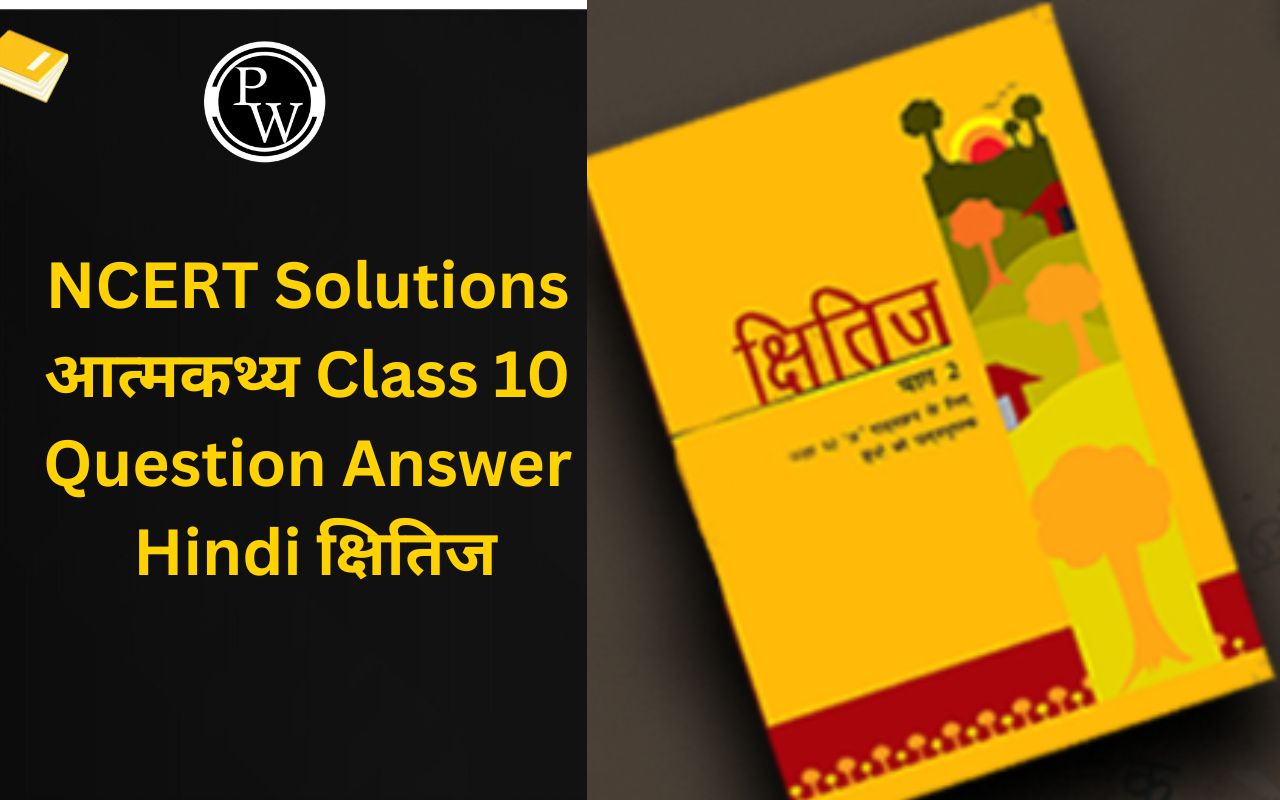
Short Notes and Formulas of class 8 science chapter-Reproduction in Plant
May 13, 2022, 16:45 IST
Class- 8 science chapter-Reproduction in Plant
Reproduction results in the production of new individuals. Most plants have roots, stems and leaves. These are called the vegetative parts of a plant. After a certain period of growth, most plants bear flowers. Flowers are the reproductive parts of a plant. A flower may have either the male part or the female part or both male and female parts. There are several ways by which plants produce their offspring.
These are categorised into two types:
- asexual and
- sexual reproduction.
Asexual reproduction in plants
- Production of offspring's by a single parent without the formation and fusion of gametes is called as asexual reproduction.
- Types of asexual reproduction
- Budding: During this process, a small bulb-like projection comes out from the cell which is called bud. The bud gradually grows and gets separated from the parent plant and forms a new cell and which in turns grows, matures and produces more cells. For example - Yeast.
- Fission: It is a process of asexual reproduction in which an individual divides into two (binary fission) or more multiple fission) new individuals. For example - Amoeba .
- Fragmentation: It is a type of reproduction or the regeneration ability of the organism to replace their lost part. In this process an entire new organism can grow from certain pieces or of parent organisms. For example - Spirogyra , liverworts and mosses.
- Spore formation: This is the most common method of asexual reproduction in most of the fungi and bacteria. The spores develop in a structure called sporangium. When the spores are released, they keep floating in the air. Since they are tiny and very light, they can cover long distances and remain in the air for a long time. The spores are asexual reproduction bodies. Each spore is surrounded by a hard protective coat and can withstand unfavourable conditions, such as high temperature and drought. Under favourable conditions, it germinates and develops into a new individual. Bread mould (Rhizopus) reproduces asexually by spore formation.
- Vegetative propagation: This is a type of reproduction found in higher plants in which a new plant is formed from a vegetative part of the plant such as roots, stems or leaves. All the plants produced by vegetative propagation from one plant are exact copies (clones) of the parent plant.
Natural method of Vegetative Propagation
- By roots: Tuberous roots of sweet potato ( Ipomoea batatas ), Dahlia and Asparagus become swollen due to food stored in them and in the next season new plants are produced from these roots.
- By stems: The underground and sub aerial stems are especially modified for vegetative propagation.
Underground stems – These are of following types
- Tuber - Potato is an underground stem tuber that is swollen due to food stored in it. It has buds in the depressions called eyes and these buds give rise to new plants. The stored food is used up by the new plant to grow.
- Rhizome - It is an underground stem that bears buds and these buds grow to give rise to new plants. Rhizome is found in ginger and turmeric.
- Bulb - It is short underground stem surrounded by fleshy scale leaves which stores food. It is found in onion. During spring, the stem shoots up from the centre of the scale leaves to form a new plant.
Do solve NCERT questions with the help of NCERT solutions for class 8 Science.
Find Pdf of chapter-Reproduction in Plant having Important short notes of chapter
🔥 Trending Blogs
Talk to a counsellorHave doubts? Our support team will be happy to assist you!

Check out these Related Articles
Free Learning Resources
PW Books
Notes (Class 10-12)
PW Study Materials
Notes (Class 6-9)
Ncert Solutions
Govt Exams
Class 6th to 12th Online Courses
Govt Job Exams Courses
UPSC Coaching
Defence Exam Coaching
Gate Exam Coaching
Other Exams
Know about Physics Wallah
Physics Wallah is an Indian edtech platform that provides accessible & comprehensive learning experiences to students from Class 6th to postgraduate level. We also provide extensive NCERT solutions, sample paper, NEET, JEE Mains, BITSAT previous year papers & more such resources to students. Physics Wallah also caters to over 3.5 million registered students and over 78 lakh+ Youtube subscribers with 4.8 rating on its app.
We Stand Out because
We provide students with intensive courses with India’s qualified & experienced faculties & mentors. PW strives to make the learning experience comprehensive and accessible for students of all sections of society. We believe in empowering every single student who couldn't dream of a good career in engineering and medical field earlier.
Our Key Focus Areas
Physics Wallah's main focus is to make the learning experience as economical as possible for all students. With our affordable courses like Lakshya, Udaan and Arjuna and many others, we have been able to provide a platform for lakhs of aspirants. From providing Chemistry, Maths, Physics formula to giving e-books of eminent authors like RD Sharma, RS Aggarwal and Lakhmir Singh, PW focuses on every single student's need for preparation.
What Makes Us Different
Physics Wallah strives to develop a comprehensive pedagogical structure for students, where they get a state-of-the-art learning experience with study material and resources. Apart from catering students preparing for JEE Mains and NEET, PW also provides study material for each state board like Uttar Pradesh, Bihar, and others
Copyright © 2026 Physicswallah Limited All rights reserved.
